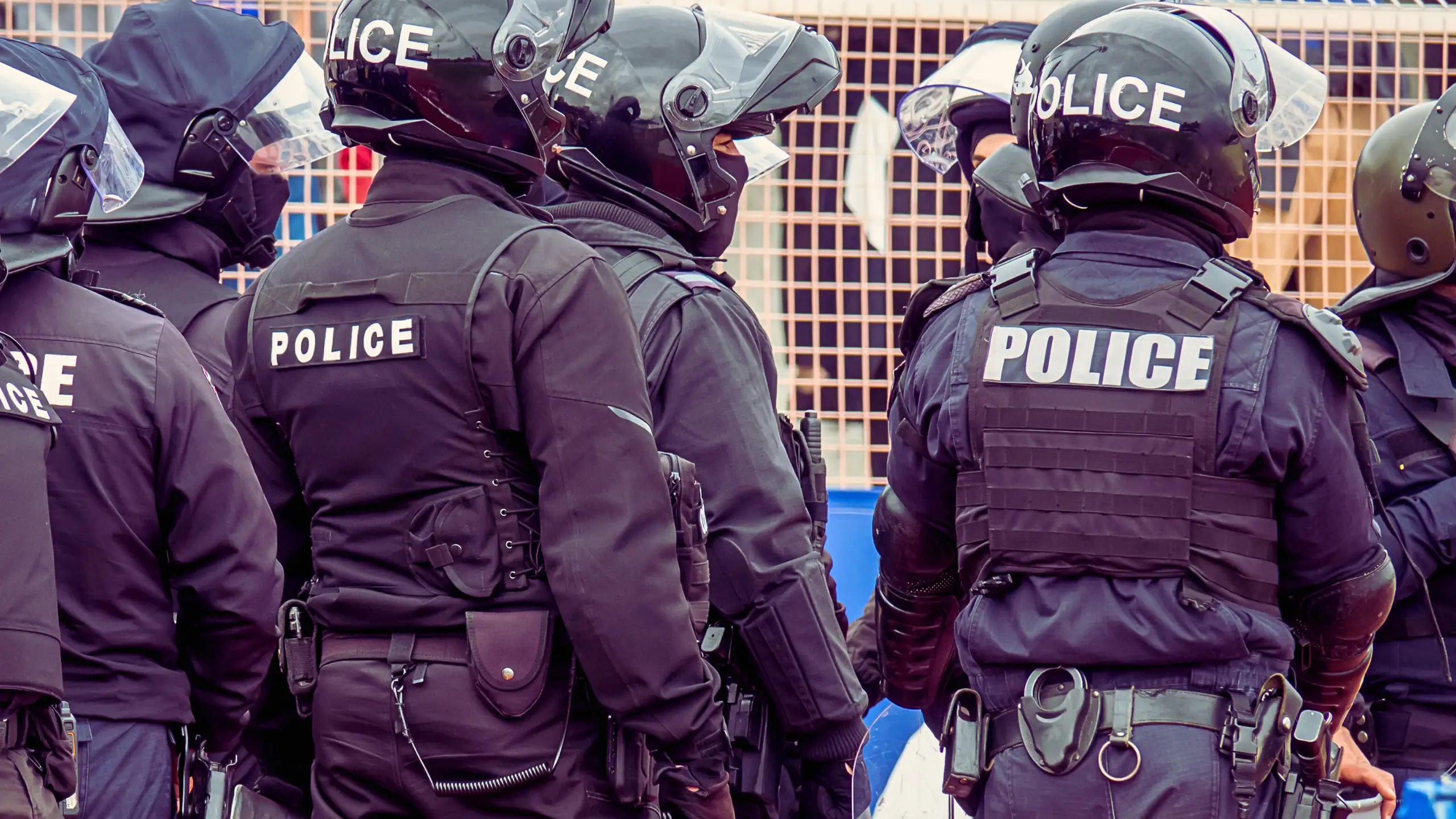Our New York City police brutality and false arrest lawyers know that police departments, endeavor to keep instances of police misconduct secret and to shield police misconduct from scrutiny. Records of police misconduct that had been sealed for decades were finally revealed to the public, last month, after New York repealed a law keeping them secret after national protests against police brutality. Over 323,000 accusations of misconduct against current and former New York City police officers were published online, a major milestone in a long and contentious political battle to open records of police discipline to public scrutiny. The records include all civilian complaints filed since 1985 with the city’s independent police watchdog agency, the Civilian Complaint Review Board, and closed after an investigation.

Some 81,550 officers — from the rank-and-file to the current commissioner — were named in the complaints. Together they offer the public the broadest look to date at how officers are investigated and punished for a range of offenses, from using profanity and slurs to beating or choking people during arrests. The complaints were published in an online database by the New York Civil Liberties Union, which obtained the records from the review board after state lawmakers repealed a law that had kept them secret.
The civil liberties union noted that less than 3 percent of the 323,911 complaints resulted in a penalty for officers, 12 of whom had been terminated. In the opinion of our NYC false arrest and police misconduct lawyers, the release of this database is an important step towards greater transparency and accountability and is just the beginning of unraveling the monopoly the N.Y.P.D. holds on public information and officer discipline. All of this advances the NYPD’s priority to make its internal disciplinary system as fair, effective, and transparent as it can. Our New York and Westchester police misconduct attorneys know that the more a civil jury knows about the officer’s prior misconduct, the more they are apt to pay closer scrutiny as to what the officer is saying when he is accused again with misconduct.
All New Yorkers have a right to transparency under the state law granting access to public records and will hold paramount the people’s right to know how their communities are policed. But that might become even more difficult for the review board, which is preparing to possibly lay off staff because of budget cuts brought on by the coronavirus pandemic. The Independent Budget Office recently said the review board, which has a $20 million budget and 200-person staff, was too small to oversee the police department, which has a $6 billion budget and 36,000 officers.
The records released, include all allegations of excessive force, abuse of authority, discourtesy and offensive language investigated by the review board though mid-July, as well as the board’s findings and any discipline that the police commissioner imposed. They do not include complaints under investigation by the review board or those investigated by the Police Department itself. The complaints were shrouded in secrecy until June, when, as protests against police brutality spread across the country, the State Legislature in New York repealed a 44-year-old law that had been used to prevent their release to the public.
After a legal challenge from labor unions representing police officers, firefighters and corrections officers whose records were shielded by the law, a federal appeals court ruled that the data could be released while the case continued in a lower court.
The publication of the records, policing experts said, chips away at a legal wall of confidentiality built up by police unions, which for decades have used their political clout to block efforts to publicly release complaints about officers and the punishment they receive.
The topic of how and whether to disclose police disciplinary records has been contentious for decades. States like Delaware have laws keeping the records secret, while others like Florida and Arizona permit the release of some or all records, according to the Police Executive Research Forum, a policy and research nonprofit.
The records became a lightning-rod issue when Mayor Bill de Blasio’s administration fought against disclosing those of Daniel Pantaleo, a police officer who put Eric Garner in a banned chokehold on Staten Island in 2014 that proved fatal. Officer Pantaleo was fired last year, but the law the city relied on to shield his records did not change until this past June, after the death of Mr. Floyd.
Most people who have unpleasant encounters with the police do not file formal complaints. For many who have filed formal complaints that the review board substantiated, the publication of the records offers an opportunity to finally learn what punishment, if any, those officers received. And for those who are facing criminal charges based on officers’ testimony, or who have filed lawsuits against the city accusing police of misconduct and abuse, the records make it easier to learn more about an officer’s history.
But the release of the records also puts pressure on the Police Department to change how unsubstantiated claims affect officers’ careers, he said. Even if not proven true, misconduct complaints can have a negative effect on officers’ opportunities for transfers, promotions and more desirable assignments.
The police unions have argued in court that no information about misconduct cases should be released in which the police commissioner has not ended up handing down punishment. But the repeal of the secrecy law, known as 50-a, made clear that disciplinary records can now be made available to the public.
The unions’ argument would have prevented the release of the vast majority of the review board’s data. Only in 8,699 of the more than 300,000 cases did officers receive any disciplinary action, according to the civil liberties union. The penalties can range from a letter in their personnel file to suspension or firing, according to the review board. Reasons for this vary, but the majority of civilian complaints end because investigators did not have enough evidence to determine what actually happened or found evidence to disprove the allegations, or the person filing the complaint withdrew from the investigation.
